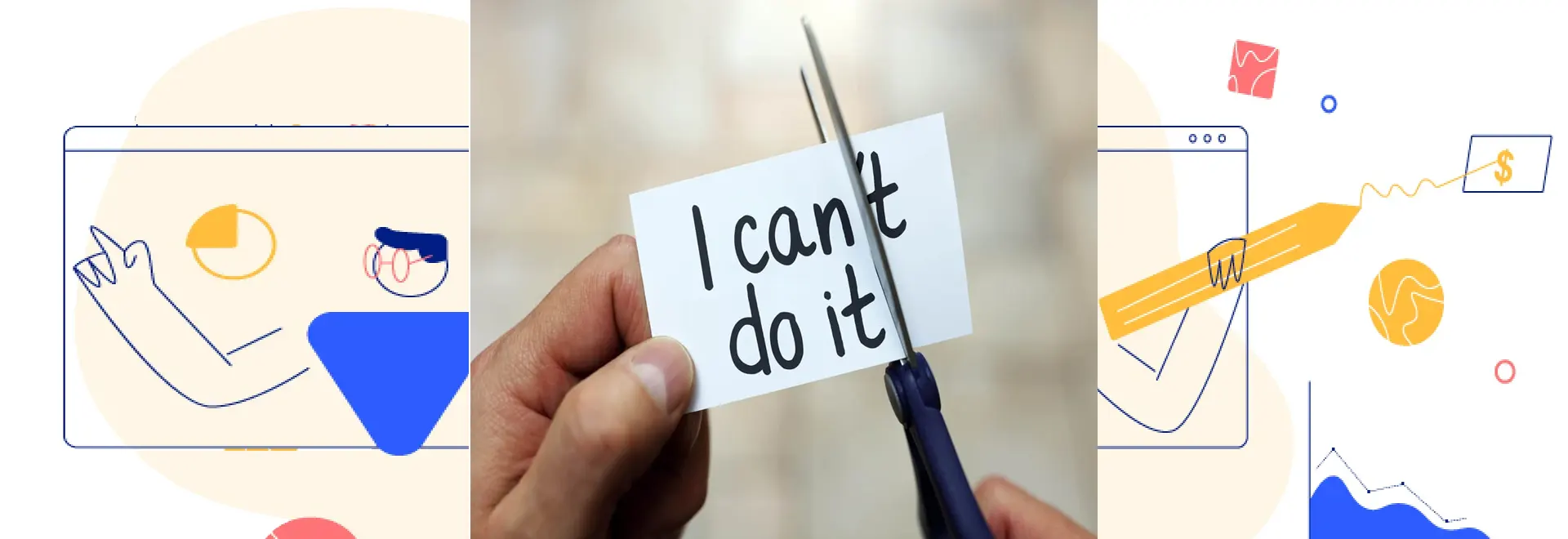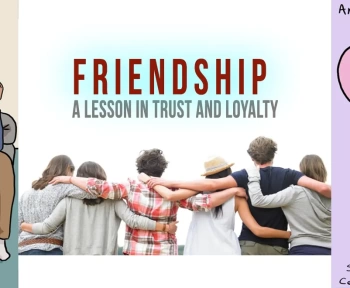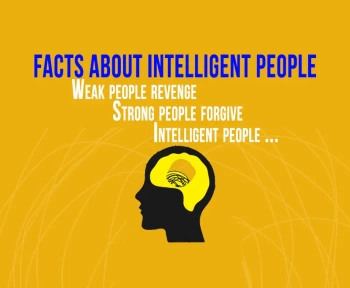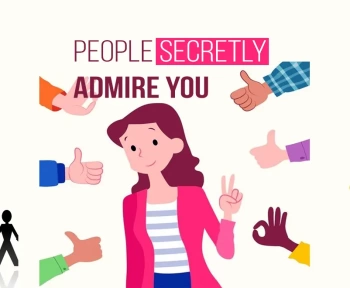5 Reframes That Change Everything
In our daily interactions and decision-making processes, the choices we make can significantly shape our experiences and relationships. By consciously choosing positive alternatives to common negative responses, we can unlock our full potential and foster personal growth. This article explores five key transitions: from judgment to curiosity, criticism to compassion, faults to solutions, blame to responsibility, and react to respond.
1. Judgment – Curiosity
The Power of Curiosity
Judgment often leads us to close ourselves off from new experiences and insights. When we judge others or ourselves, we create barriers that inhibit learning and understanding. In contrast, choosing curiosity invites exploration and open-mindedness. Curiosity compels us to ask questions, seek deeper understanding, and appreciate different perspectives.
Activating Your Capacity to Learn
By replacing judgment with curiosity, we activate our capacity to learn in profound ways. This shift encourages us to engage with the world around us, fostering a sense of wonder and discovery. For example, when faced with a disagreement, instead of immediately judging the other person’s viewpoint, we can ask questions to understand their reasoning. This approach not only enhances our knowledge but also strengthens our relationships.
Practical Steps to Cultivate Curiosity
- Ask Open-Ended Questions: Engage in conversations that promote dialogue and exploration.
- Challenge Assumptions: Reflect on your beliefs and consider alternative viewpoints.
- Stay Open to New Experiences: Embrace opportunities to learn, whether through books, discussions, or travel.
2. Criticism – Compassion
The Importance of Compassion
Criticism often stems from a desire to highlight flaws or mistakes. However, this approach can lead to defensiveness and resentment. In contrast, choosing compassion allows us to understand and empathize with ourselves and others. Compassion fosters a nurturing environment where mistakes are seen as opportunities for growth rather than failures.
Activating Your Capacity for Connection
When we approach situations with compassion, we deepen our connections with ourselves and those around us. This emotional bond is crucial for healthy relationships, as it encourages openness and vulnerability. For instance, when a friend is struggling, offering compassionate support can create a safe space for them to express their feelings and seek help.
Practical Steps to Cultivate Compassion
- Practice Active Listening: Give your full attention to others and validate their feelings.
- Reflect on Shared Humanity: Remind yourself that everyone faces challenges and makes mistakes.
- Engage in Self-Compassion: Treat yourself with the same kindness you would offer a friend in times of difficulty.
3. Faults – Solutions
Shifting Focus from Faults to Solutions
It is easy to fall into the trap of focusing on faults, whether they are our own or others’. This mindset can stifle progress and foster a negative atmosphere. Conversely, shifting our focus to solutions encourages proactive problem-solving and innovation.
Activating Your Capacity for Innovation
When we seek solutions instead of pointing fingers, we activate our capacity for creativity and constructive thinking. This approach allows us to brainstorm alternatives and collaborate effectively. For example, in a team setting, rather than blaming a colleague for a mistake, identifying the issue and collaboratively exploring solutions can lead to improved processes and teamwork.
Practical Steps to Cultivate a Solution-Oriented Mindset
- Adopt a Growth Mindset: View challenges as opportunities for development rather than insurmountable obstacles.
- Encourage Brainstorming: Foster a culture where ideas are shared freely, and every suggestion is valued.
- Celebrate Progress: Acknowledge even small achievements in problem-solving to motivate continued effort.
4. Blame – Responsibility
Understanding Responsibility
Blame often creates a cycle of negativity, where individuals deflect accountability and foster resentment. In contrast, embracing responsibility empowers us to take ownership of our actions and their consequences. This shift cultivates a proactive mindset, allowing us to learn from our experiences.
Activating Your Capacity for Agency
When we choose responsibility over blame, we activate our capacity for agency. This means recognizing that we have the power to influence our circumstances and make positive changes. For instance, rather than blaming external factors for a setback, taking responsibility enables us to assess the situation and devise a plan for moving forward.
Practical Steps to Embrace Responsibility
- Reflect on Your Choices: Regularly assess your decisions and their outcomes to identify areas for growth.
- Acknowledge Mistakes: Accept your role in situations without deflecting blame onto others.
- Set Clear Goals: Establish actionable objectives that reinforce your commitment to personal responsibility.
5. React – Respond
The Difference Between Reacting and Responding
Reacting often involves immediate, emotional responses to stimuli, which can lead to regret or miscommunication. Responding, however, entails taking a moment to assess the situation before acting. This measured approach allows for more thoughtful and effective interactions.
Activating Your Capacity to Transform
By choosing to respond instead of react, we activate our capacity for transformation. This shift encourages mindfulness and emotional regulation, enabling us to approach challenges with clarity and intention. For example, when faced with criticism, a reactive response might lead to defensiveness, while a thoughtful response allows for constructive dialogue.
Practical Steps to Foster Mindful Responses
- Pause Before Acting: Take a moment to breathe and reflect before responding to challenging situations.
- Practice Mindfulness: Engage in activities that enhance your awareness of thoughts and feelings, such as meditation.
- Seek Clarification: If unsure how to respond, ask questions to gain a better understanding of the situation.
Conclusion
The choices we make in our daily lives significantly impact our personal growth and relationships. By consciously shifting from judgment to curiosity, criticism to compassion, faults to solutions, blame to responsibility, and react to respond, we activate our capacities for learning, connection, innovation, agency, and transformation. These shifts not only enhance our own experiences but also contribute positively to the lives of those around us, creating a more understanding and collaborative world.



